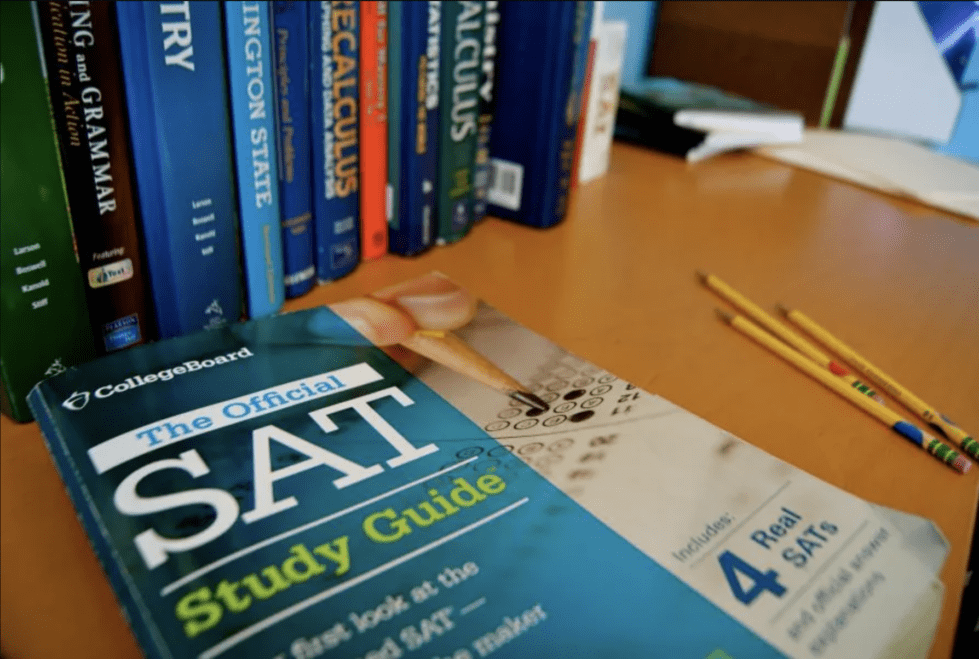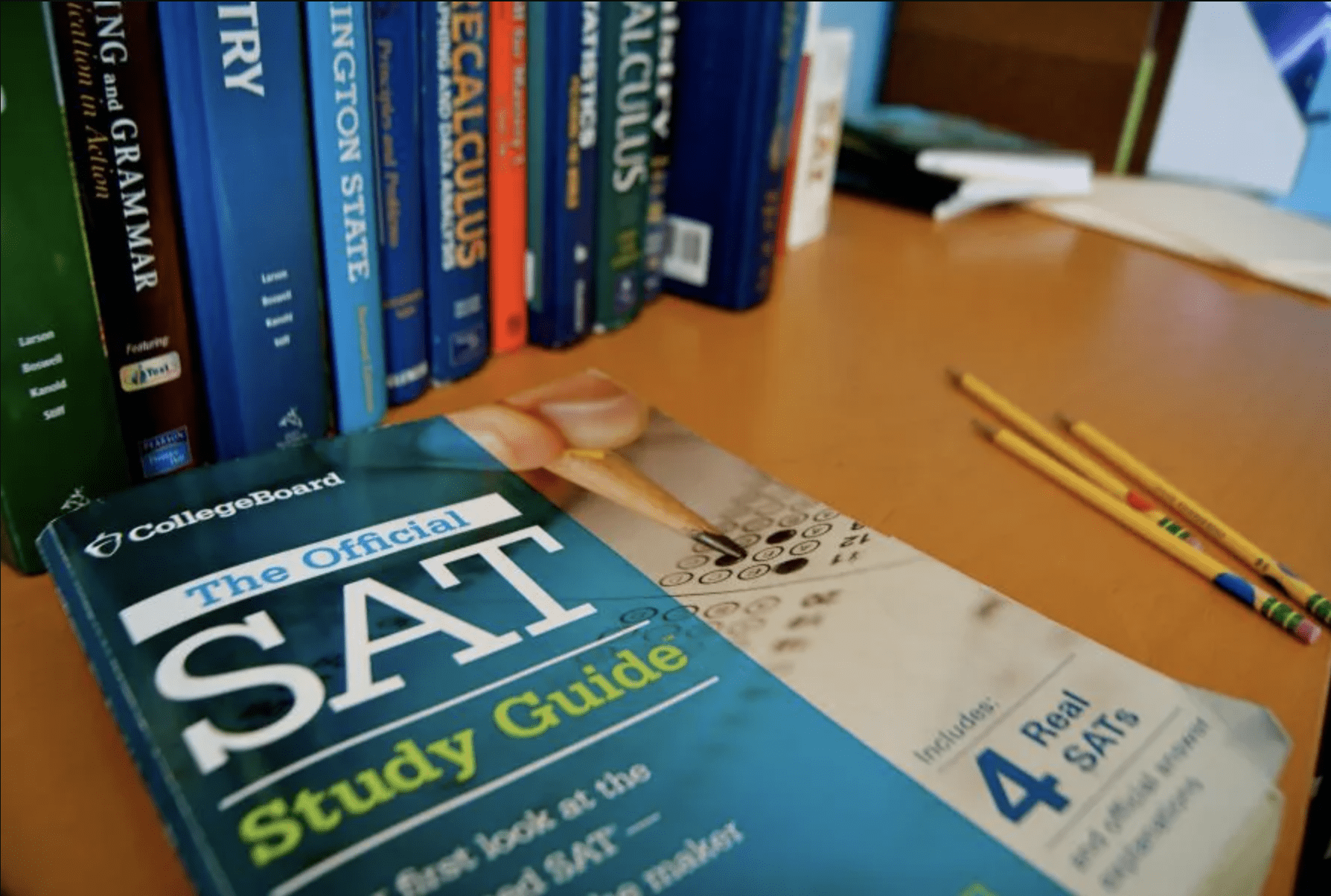Delaware Secretary of Education Mark Holodick wondered aloud Thursday night about whether it’s effective for Vo-tech students who are focused on a pathway to a job to have to take the Scholastic Assessment Test.
The State Board of Education was discussing assessments and accountability when Holodick began talking about the SATs.
The SATs have been around for almost a century and are typically taken in high school with scores sent to prospective colleges and universities as part of a student’s application.


Mark Holodick
In Delaware, the state has been using the test each spring since 2016 to assess high school juniors’ abilities in critical reading, mathematical reasoning, and writing skills students and if they have developed over time and that they need to be successful in college and career.
More than two million students in the country take it every year.
In Thursday’s meeting, Holodick pointed out that the First State is one of eight that gives the SATs to all 11th graders, saving college-bound students the cost of paying for the test.
The other states that require it are Colorado, Connecticut, Illinois, Indiana, Michigan, New Hampshire and Rhode Island.
“One of the obvious pros is many students see it as a relevant assessment and try really hard on it,” Holodick said.
When the students were taking the Delaware Student Testing Program or the Smarter Balanced Assessment “they didn’t take it very seriously because it’s really not relevant to them,” he said. “So it’s easier to get the kids sort of charged up and excited about doing well on the SAT.”
The state-administered Smarter Balanced Assessment is an end-of-the-year summative test that measures the abilities of students in grades three through eight in math and reading.
The Delaware Student Testing Program was a test designed to measure progress towards state standards.
Students were tested in grades two through 10 in reading and mathematics; grades five, eight, and 10 in writing; and grades four, six, eight, and 11 in science and social studies.
SAT scores
Even with students taking the SAT seriously, there are aspects to the testing that Delaware should consider, Holodick said.
“Maybe the biggest issue with giving the SAT to all students during the school day is that it really hurts your state’s reputation in terms of an average SAT score,” he said. “It’s just common sense. You don’t have to be a psychometrician to know that the more kids that take an assessment, the lower your average score becomes.”
In 2022, for example, Delaware ranked 46th out of 48 states, with an average score of 968, down 82 points from the year before. The average national score is 1050.
The state with the highest score was Wisconsin, with an average score of 1,252.
Holodick said he always has struggled with the idea that Delaware is using SATs to measure and determine the performance of students who are attending a specific school, especially with those that attend vocational schools.
“It’s not to say that many students in our vocational schools shouldn’t take the SAT. They certainly should,” he said. “But the fact that someone who is in a pathway, and very much focused on that pathway and meeting the credentials that are always rigorous, the idea that just the sole SAT is what’s determining a vocational school’s rating and ranking just doesn’t make a whole lot of sense.”
One board member, although it was unclear who in the livestream, said he wants to see how SAT data compares to the year-long academic data.
Efforts were not successful Friday to reach Joe Jones, superintendent of the New Castle County Vo-Tech schools, for comment.
The SAT requirement has drawn criticism several times in recent years because Delaware scores so low, compared to other states.
The state Department of Education routinely points out that Delaware’s score would be much different if only students planning to go to college took the test.
But some administrators don’t believe it’s an effective tool or that students are more invested in doing well on it.
Vic Leonard, the Red Clay school board vice president who taught at A.I. du Pont High School for two decades, has said that many students “don’t take the SATs seriously.”


Raised in Doylestown, Pennsylvania, Jarek earned a B.A. in journalism and a B.A. in political science from Temple University in 2021. After running CNN’s Michael Smerconish’s YouTube channel, Jarek became a reporter for the Bucks County Herald before joining Delaware LIVE News.
Jarek can be reached by email at [email protected] or by phone at (215) 450-9982. Follow him on Twitter @jarekrutz
Share this Post




